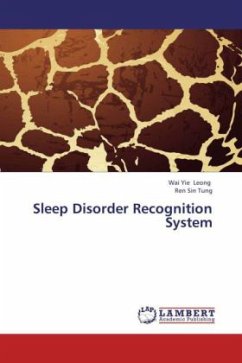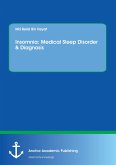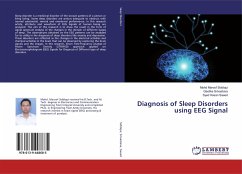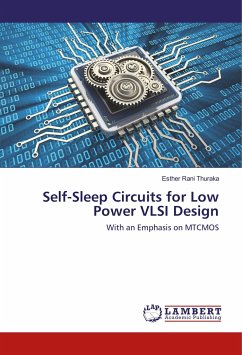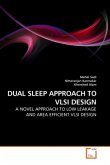Sleep disorders are among the common clinical problems encountered in medical and psychiatry. Inadequate of non-restorative sleep can impair the quality of life. Sleep disorders may be primary or may result from a variety of psychiatric and medical conditions. Primary sleep disorders are esulted from an endogenous disturbance in sleep-wake generating or timing mechanisms, often affected by behavioural conditioning. With the advanced development of electroencephalogram (EEG), researchers have made use of EEG to verify the influence of music on human brain activity. Research has shown that music with stronger beat can stimulate brainwaves to resonate synchronising with the beat, with faster beats bringing sharper concentration and more alert thinking, and slower tempo promoting a calm, meditative state. Also, research has found that the change in brainwave activity levels that music can enable brain to shift speeds easily. This means that music can bring benefits to our mind, even after the person has stopped listening.
Bitte wählen Sie Ihr Anliegen aus.
Rechnungen
Retourenschein anfordern
Bestellstatus
Storno

